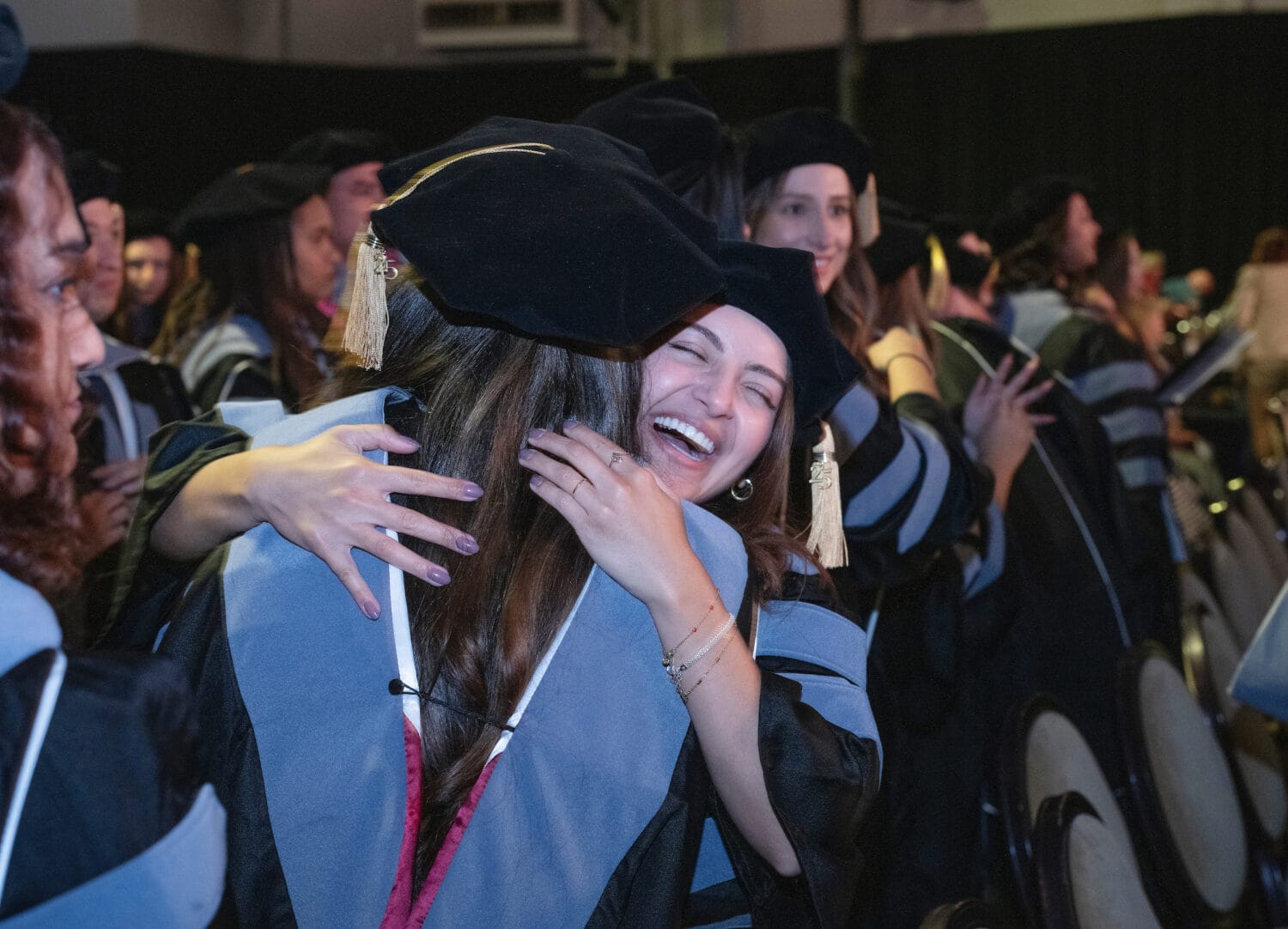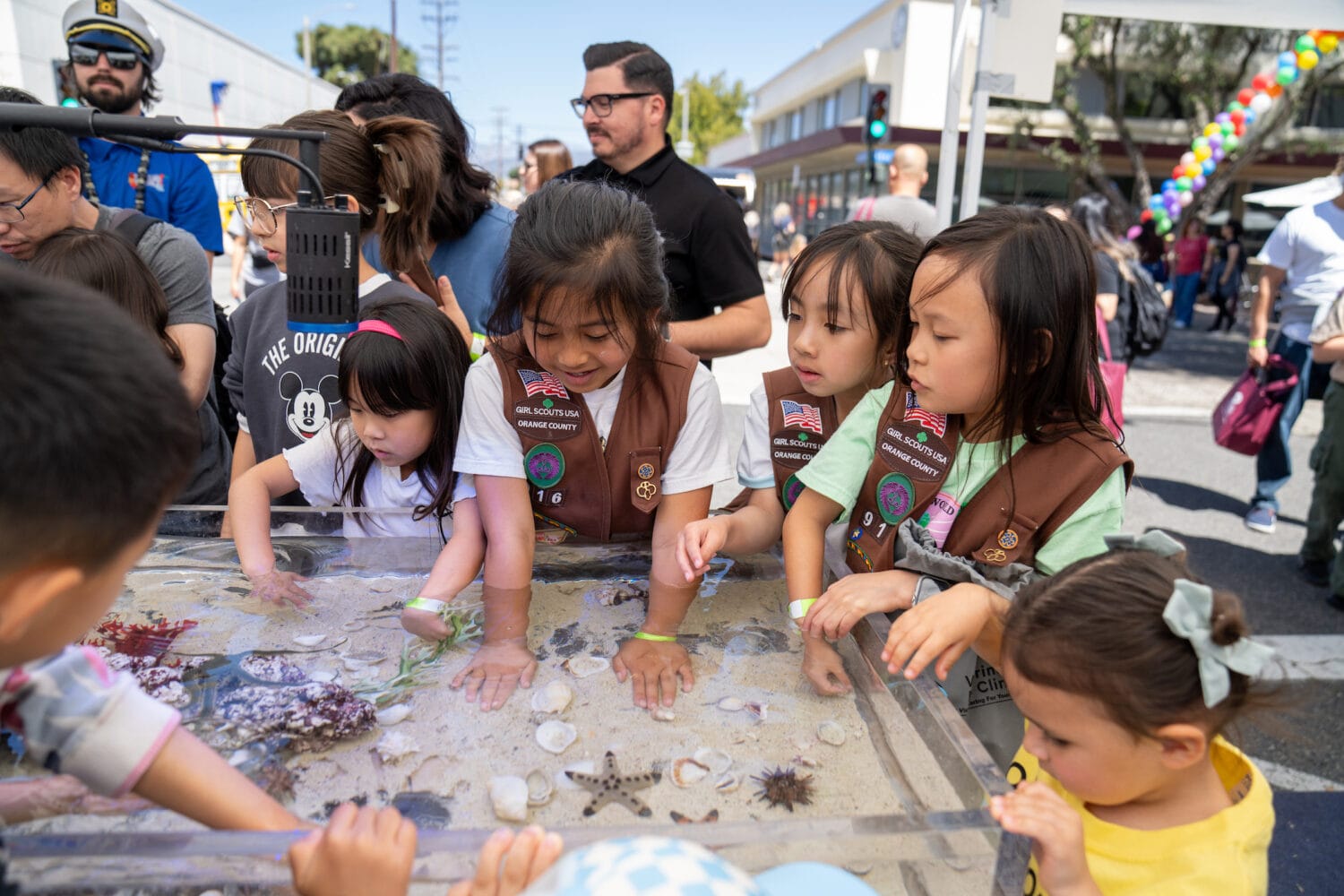WesternU College of Veterinary Medicine celebrates student research and academic achievement
The College of Veterinary Medicine celebrated student research and academic achievement at its Phi Zeta Student Research and Honors Day March 26, 2012.
Nine students gave oral presentations and three students gave poster presentations on their research. Annie Oh, DVM 2014, received an award for her poster. The winners for presentations were: Bridget Morton, DVM 2013 (first place); Zachary Course, DVM 2013 (second place); Stanley Sowy, DVM 2014 (third place). Click here for a complete list of students, research projects and mentors. The research presentations were followed by the College’s Honors Day Ceremony.
David Haworth, DVM, PhD, president and CEO of Morris Animal Foundation, gave the keynote address and praised the students for the research work they are doing. Research doesn’t move forward because of one brilliant insight; it moves forward because of incremental advances, he said.
“The work you are doing is absolutely moving the state of the art forward,” he said. “You should be exceptionally proud.”
He gave his thoughts on the benefits of pursuing a veterinary research career, outlined common paths to get there, and examined major funding sources for veterinary research.
Veterinary medicine students are option multipliers by nature, but each student reaches a point when they must winnow their career choices.
“Know yourself. Know the kind of things that make you excited, and never back into a career choice,” Haworth said. “Life’s too precious, and you all have too many gifts to allow that to happen.”
Veterinarians are a selfless group by nature, but you must balance the selfless with the selfish, he said.
“Too many people in our profession burn out,” Haworth said. “They generally burn out four to six years following graduation because they’re backing into things and they’re being selfless all the time. Learn what it takes to be a little selfish – exercise, slow eating, movies on the weekends, whatever it takes.”
Ideas are cool, but the grind is where real science gets done, he said. Be creative, but also be detail-oriented and push out the science, Haworth said.
“It’s hard but it’s really cool, and that’s how we make incremental changes in the state of the art,” he said. “Talk to any old scientist, and you’ll still be amazed at how young they are, and how happy they are, and how much fun they’re having, because they maintain a sense of wonder. This is a really cool world, and we know so little.
“It’s a sense of wonder that you can’t let go of, because if you do, then you start believing you know everything,” he said. “We really do have pressing problems in this world, and brains – your brains in particular – are the best, last, and only defense we have.”



